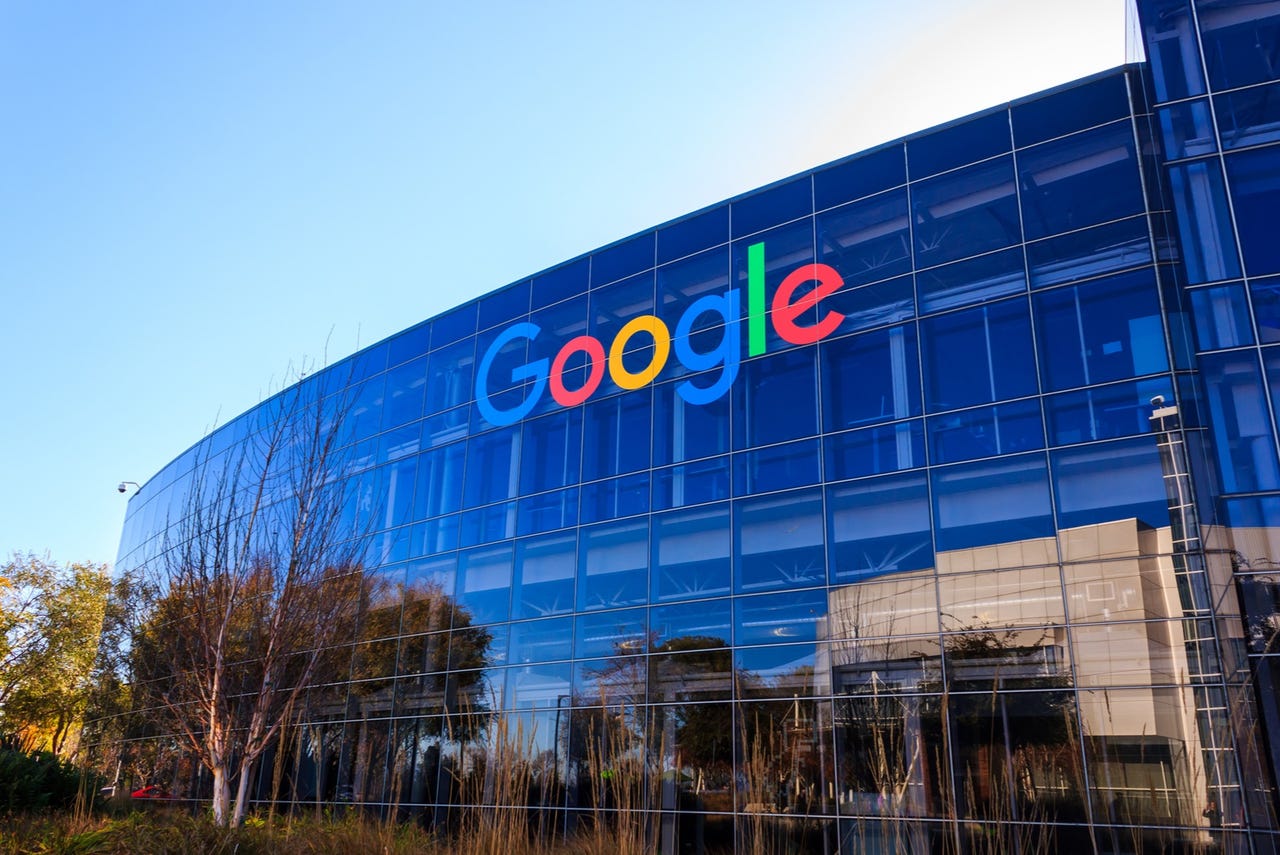































 Image: achinthamb/Shutterstock
Image: achinthamb/Shutterstock The United States Justice Department, on Tuesday, filed an antitrust lawsuit against Google that ultimately seeks to break up the internet giant's lucrative digital ad tech business.
Over the past 15 years, Google has engaged in "anticompetitive, exclusionary and unlawful" practices that have allowed it to "severely weaken if not destroy competition in the ad tech industry," US Attorney General Merrick Garland said in a press conference Tuesday.
Filed along with a handful of states in US District Court for the Eastern District of Virginia, the suit alleges that Google has violated the Sherman Antitrust Act by manipulating three major elements of the ad tech market.
First, the suit says Google controls the technology used by nearly every major website publisher to offer advertising space for sale. Second, it says Google controls the leading tool used by advertisers to buy that ad space. Third, it alleges the company unfairly controls the largest ad exchange that matches advertisers and publishers together.
Also: ChatGPT is 'not particularly innovative,' and 'nothing revolutionary', says Meta's chief AI scientist
As a result, Garland said, "website creators earn less and advertisers pay more. That means fewer publishers are able to offer internet users content with without subscriptions, paywalls or other forms of monetization."
The suit, which is nearly 150 pages long, extensively quotes Google executives and employees to make the case that Google acted unfairly and unlawfully. For instance, it notes that in late 2016, a Google digital ad executive asked, "Is there a deeper issue with us owning the platform, the exchange and the huge network [for advertising]? The analogy would be if Goldman or Citibank owned the New York Stock Exchange."
Assistant Attorney General Jonathan Kanter responded on Tuesday, "Yes, indeed there is a deeper issue, and that issue is the Sherman Antitrust Act."
Also: Executives to tech teams: Reinvent us, and make it quick
In a response to the DOJ's allegations, a Google spokesperson said in a statement that the lawsuit "attempts to pick winners and losers in the highly competitive advertising technology sector."
The company noted that the DOJ's arguments are similar to those put forward by the Texas attorney general in a lawsuit that was partially dismissed. Those arguments, the spokesperson said, "would slow innovation, raise advertising fees, and make it harder for thousands of small businesses and publishers to grow."
The DOJ is seeking damages for Google's allegedly anticompetitive practices, as well as the divestiture of certain ad tech products. Additionally, the department is seeking an injunction preventing Google from continuing to engage in the anti-competitive practices described in the complaint.
 Tags quentes :
Negócio
Empresas
Tags quentes :
Negócio
Empresas